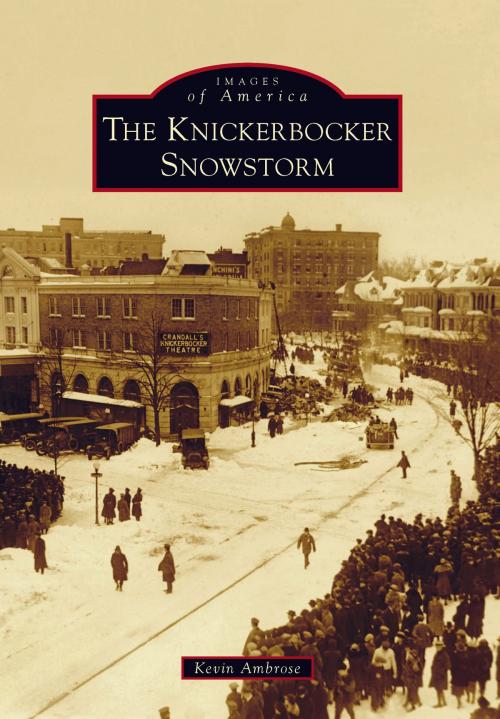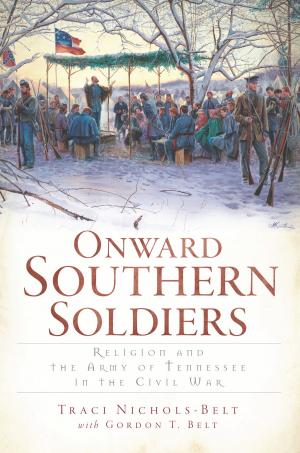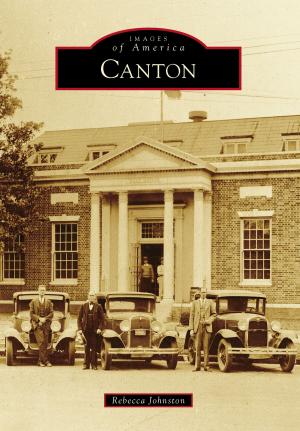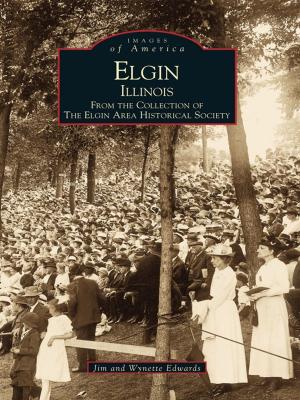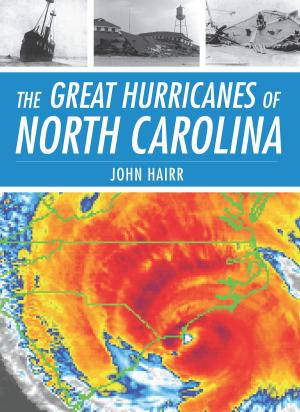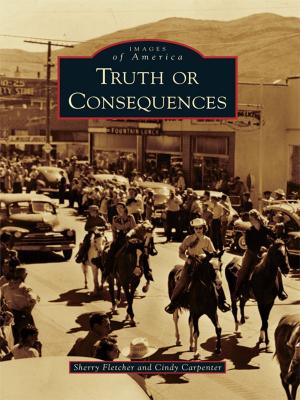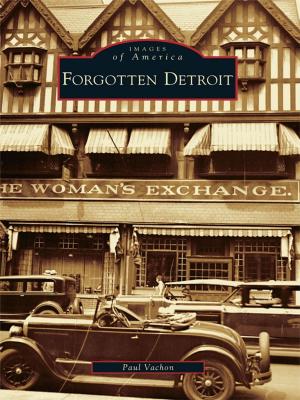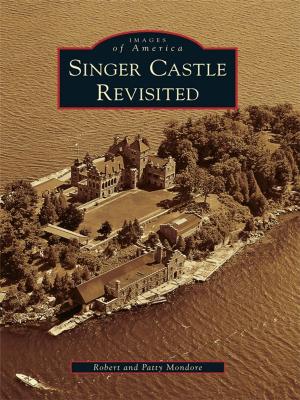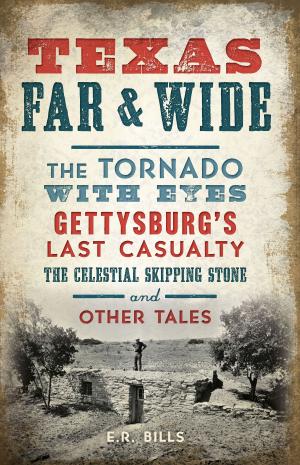The Knickerbocker Snowstorm
Nonfiction, Science & Nature, Nature, Environment, Weather, History, Americas, United States, State & Local| Author: | Kevin Ambrose | ISBN: | 9781439641941 |
| Publisher: | Arcadia Publishing Inc. | Publication: | January 14, 2013 |
| Imprint: | Arcadia Publishing | Language: | English |
| Author: | Kevin Ambrose |
| ISBN: | 9781439641941 |
| Publisher: | Arcadia Publishing Inc. |
| Publication: | January 14, 2013 |
| Imprint: | Arcadia Publishing |
| Language: | English |
On the evening of January 28, 1922, several hundred people fought their way through the greatest snowstorm in Washington's history to see a show at the Knickerbocker Theater, the city's largest and most modern moving picture theater of the time. Unbeknownst to the theater patrons, the Knickerbocker Theater's flat roof was tremendously burdened by the weight of the snow. During the show's intermission, the snow-covered roof crashed down upon the crowd. As the roof fell, it collapsed the theater's balcony and pulled down portions of the surrounding brick walls, killing 98 people and injuring 133. Some of Washington's prominent politicians and business owners were among the casualties. The disaster ranks as one of Washington's worst in history, and the snowstorm continues to hold the record for Washington's single greatest snowfall.
On the evening of January 28, 1922, several hundred people fought their way through the greatest snowstorm in Washington's history to see a show at the Knickerbocker Theater, the city's largest and most modern moving picture theater of the time. Unbeknownst to the theater patrons, the Knickerbocker Theater's flat roof was tremendously burdened by the weight of the snow. During the show's intermission, the snow-covered roof crashed down upon the crowd. As the roof fell, it collapsed the theater's balcony and pulled down portions of the surrounding brick walls, killing 98 people and injuring 133. Some of Washington's prominent politicians and business owners were among the casualties. The disaster ranks as one of Washington's worst in history, and the snowstorm continues to hold the record for Washington's single greatest snowfall.
